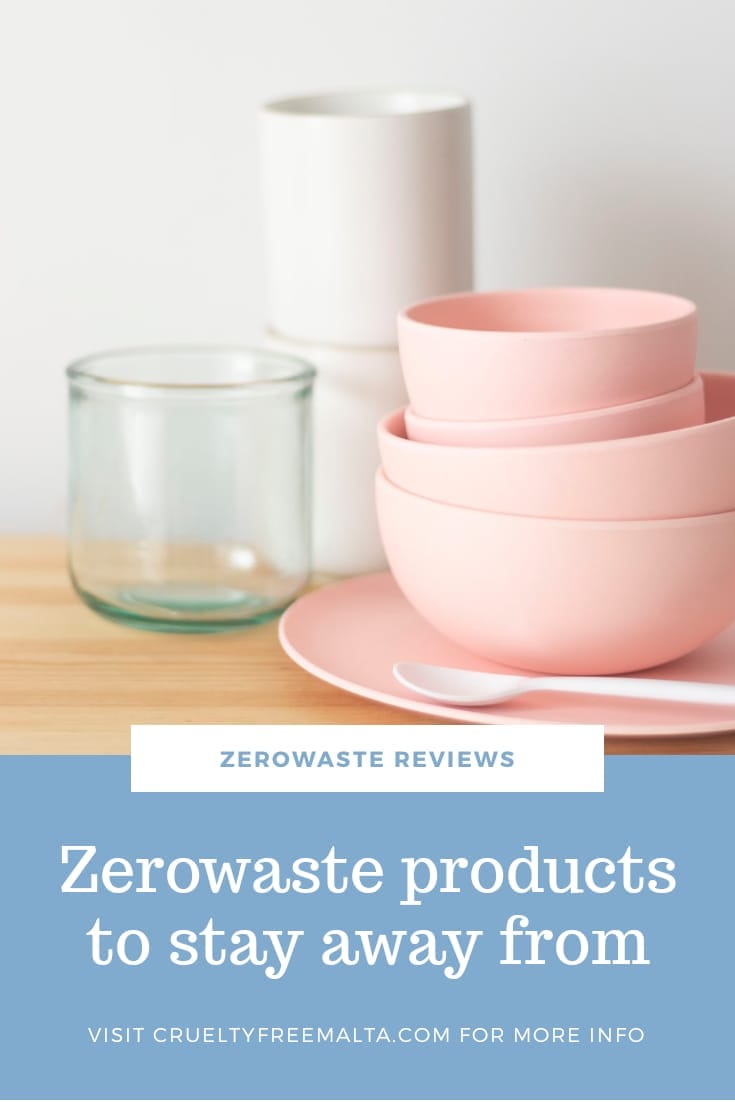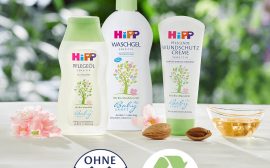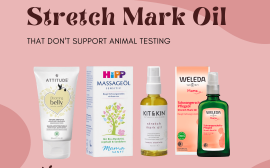With the EU ban of single-use plastic on the way, we are seeing awareness being raised about environmental issues. With the issues, we are seeing also the rise of so-called “zerowaste” alternatives. The reason I put zerowaste in quotes is that in reality there is no such thing as waste-free. Everything creates waste. The difference is how much waste is wasted. So, in my opinion, it should be called something in the lines of “reduced-waste”. However, just as the term “cruelty-free” is set for not animal tested, when literally it means without any form of cruelty, no one is going to change the term zerowaste to reduced-waste.
Now back to the topic of the post. As I said there is currently a big awareness of this zerowaste trend. We see zerowaste companies popping up, influencers promoting zerowaste lifestyle. However, most of these businesses seem not to take it as seriously as the few ones that do. That is why I called it a trend a few sentences ago. I like to question and weigh things before I decide on a purchase. However, I noticed that some people hear terms such as “zerowaste”, “recycled”, “reusable”, “sustainable” and believe that by supporting such product they are making an ethical choice.
In some cases, I believe that some “zerowaste” products are doing the same damage to the environment as when buying single-use products. However, companies, even some so-called “zerowaste” ones, are blinding us into believing that we are helping the environment. So when buying your next ethical products, I ask you to question things, think. One question could be, is this product really going to help the environment more than the product I was using before? Another one is, is this really plastic-free? And lastly, is this product healthy for us? You will find why I mentioned this last question soon. Let me start listing the “zerowaste” products that I am trying to stay away from.
Bamboo products
Here I am not talking about the wooden-looking bamboo products as I have not yet found any issue with them till now. I am more talking about the decorative ones that nearly look like plastic. Many times this plastic-looking bamboo is found as a reusable on-the-go coffee cup. In Germany, I find them often as cutlery, plates and cups for toddlers. What I don’t like about them is that they contain a chemical called “melamine” which when ingested, according to Wikipedia, may lead to reproductive damage, or bladder or kidney stones, and bladder cancer.
The frightening thing is that we are exposing toddlers to these diseases already at an early age. I am no scientist, so maybe there are no melamine ingestions with cold food and drinks. However, it is usually used with hot/warm food and beverages and I suspect that heat would release some of this melamine and contaminate your food and drink. To be as safe as possible, I try to stay away from such bamboo products.
Clothes made from recycled plastic
For over a year I stayed away from buying clothes made out of plastic materials such as polyester, acrylic, nylon, etc. The only times I buy products with such materials is when I buy leather-free shoes, handbags, wallets and anything else that does not need frequent washing. While I was looking for new denim trousers, I have been noticing some brands trying to look sustainable by offering denim trousers made from recycled plastic bottles.
On the one hand, it’s kind of nice that they recycled polyester for their clothes. However, on the other hand, denim is originally cotton. So for me, it’s a wasted effort and recycling pollution. If it was shoes, handbags, etc made from recycled plastic. It would be ok for me until there is a more sustainable material. However, for fashion items that need frequent washing, plastic materials need to be completely banned. The reason being that, as you might know, every plastic item we wash releases around 700,000 microplastics into the ocean per wash. So new plastic, recycled plastic, or second-hand plastic, the 700,000 microplastics per item per wash are still going into the ocean. So from this side of the issue, nothing has been saved.
Reusable make up pads
I sometimes question myself if such an alternative makes sense. If you think about it we are buying reusable makeup pads as an alternative to cotton pads. Cotton is a plant and when you throw it away, it should compost by time. Then there might be the case that although we call it cotton pad, as in the case of other items we consume, it might not be fully cotton. So, in this case, it might make sense to buy a reusable alternative. However, I would suggest you stay away from the microfiber one, which the majority consists of, and go for a 100% cotton one. Why? Same reason I mentioned for clothes earlier.
Reusable nappies
When I heard of reusable nappies I thought of them unpractical and messy. Maybe I am still right. However, when I heard that it’s only a pad or sheet inside the nappy that needs to be replaced, I did consider to try one if I ever have kids. My plan was then to use it only for indoors. When I was discussing this with my boyfriend, a question came to my head on what material is used for reusable nappies.
I researched a bit and found that most of them are made out of plastic materials. So I went back to no-reusable nappies until I find plant-based ones. My reasoning is that ok maybe a sheet inside the nappy that needs changing. However, I have to consider that there might be leakages, so I might need to wash the nappy often and so as with clothes, I would pollute the water with microplastics again.
Reusable vegetable bags
A few years ago a Maltese startup started selling reusable vegetable bags. There seem to have been a hype about it. People were sharing on their social media the act of kindness they are doing to the environment by buying these vegetable bags. I was not sure whether to join the hype or not. Obviously I wanted to cut down on single-use plastic. However, as a “miser” as my boyfriend calls me, I found the bags to be expensive. Then I started reasoning with myself it’s a one-time investment and you will “get back the money” as they will last long. So I was about to buy till I saw German supermarkets selling the same bags at just €1 a pack.
Again my miser-self kicked in and said no. Then I found out that the Malta ones were made out of recycled plastic, so it should justify the price. For €1 I am supporting companies to produce new plastic, for €8 I am supporting companies to reuse the plastic which would have been wasted. So again I was about to buy the Maltese reusable vegetable bags, till I discovered what I mentioned earlier. The fact that plastic materials each release 700,000 microplastics into the ocean during every wash. As my plan was to wash these bags each time I use them, my ethical-self this time said no. So I started looking for a better alternative and found one German discounter (PENNY) that is offering 100% organic cotton versions. So I went for these ones.
Later the same Maltese startup started offering cotton versions of their original vegetable bags. So if you wish to support this Maltese startup, Veco, I would suggest you opt for their 100% cotton bags. They cost a bit more than their plastic ones. However, like that they can take the message that people are serious about removing plastic as much as possible from their life.
Water-soluble home cleaning products
There are three types of ethical home cleaning products. First is to do it yourself. Find a recipe online try it out and if you like it you keep, if not move on to another version. The second one is refilling option, you go to a shop with your detergent bottle and refill it. The third option is water-soluble tabs, etc. Some water-soluble tabs, even ones found in zerowaste shops, contain plastic. It’s PVA.
A “zerowaste” shop owner tried to convince me that this ingredient is alcohol. He might be half right but I found that it is also plastic. While writing this post I am realising that the eco-friendly dishwasher tabs that I have been buying these last 3 years have a coating of water-soluble plastic. So while I use up the few I have left, I will start looking for a better alternative. I am open to suggestions of good brands.
Conclusion
These are some zerowaste products that I am trying to stay away from. I know that there is no 100% ethical alternative, but whenever I find something that gets me a step closer I will go for it if it is feasible. Are there any “zerowaste alternatives” that don’t make sense to you? If so, let me know which ones.




